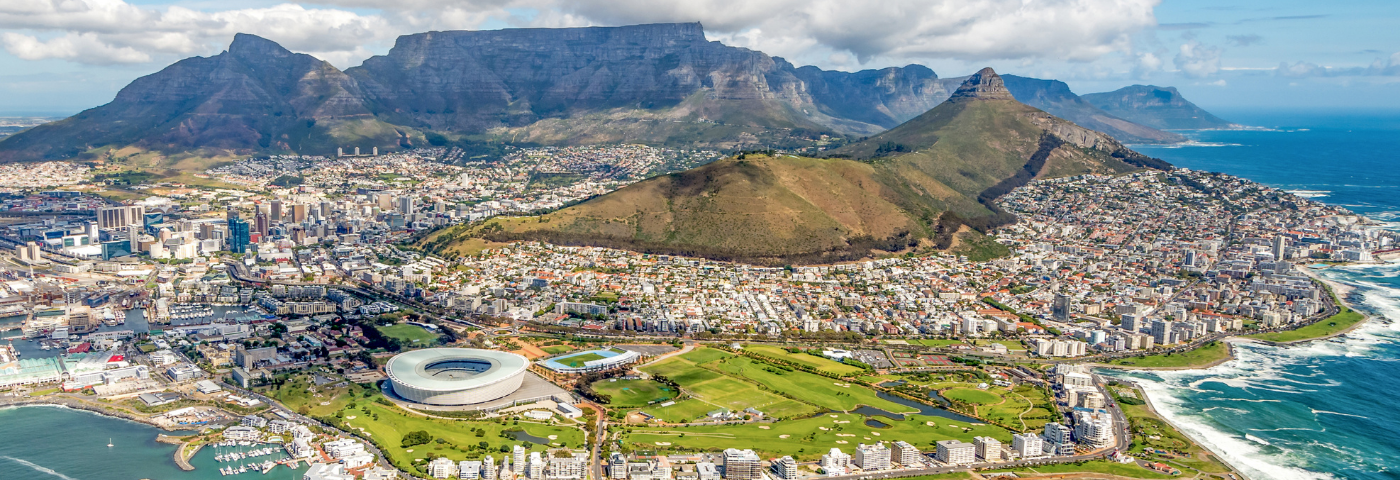*By Gustavo Pinto
“Responsible tourism is about transforming tourist destinations into better places to live and visit – in that order”. Anyone who has heard me talk in presentations, lessons, webinars, etc. has certainly heard me say these words.
Just as important as its content is talking about where this statement, which has become the motto of responsible tourism worldwide, comes from: it comes from the “Cape Town Declaration on Responsible Tourism in Destinations”, which is completing 20 years in 2022[1].
Well, let’s pause a little to talk about how important this document was to this debate in the years after it was published. The declaration was the end result of the Conference on Responsible Tourism in Destinations, an official parallel event to the World Summit on Sustainable Development that was held in Johannesburg, South Africa, 10 days after Rio-92. The conference was attended by various bodies that were present at the Johannesburg summit, the highlight being the intergovernmental and United Nations agencies that were present, like the United Nations Environment Programme (UNEP) and the World Tourism Organization (UNWTO).
The official draft of this declaration was written by Dr Harold Goodwin, (the responsible tourism adviser for the whole of the portfolio of WTM events) and passed in the plenary session, which voted on the final document paragraph by paragraph, and word for word.
The concept presented during this conference (that of “responsible tourism”) stood out fundamentally because of the use of the terms “responsible” and “responsibility”, as opposed to the terms “sustainable” and “sustainability”. Dr Goodwin believes that this change of approach was fundamental for the change (that had been dreamed about and planned in various conferences organized by the United Nations, and a theme that became central after Rio de Janeiro in 1992) because it reminds us that responsibility for our impacts (whatever they may be) cannot be transferred to third parties.
This new perspective (that was recognized by the WTO as being “new” at the time of the declaration) calls on all those involved in the tourism production chain to map out their impacts and assume responsibility for the results of tourist operations in a place that is normally not ours, but belongs to the communities that are playing host to travellers.
After this pause, let’s return to 2022. In the year in which the “Cape Town Declaration on Responsible Tourism in Destinations” completes 20 years, WTM Latin America’s Responsible Tourism Awards represent the most urgent matters to be tackled in our sector and directly address the precepts of the declaration, which favours local themes and the historical moment we are living through.
With its six categories[2], this year’s edition has dozens of stories that will undoubtedly inspire the travel and tourism sector on our continent. We’ve also renewed our assessment methodology and tripled the number of judges for this edition, which has 18 tourism professionals from all over Latin America and includes operators, association directors, journalists, influencers, consultants who are specialists in the sector, and others. We’re also proud that more than two-thirds of this year’s panel of judges are women.
There’s no better opportunity to celebrate 20 years of the declaration that inspires our sector to “transform tourist destinations into better places to live in and better places to visit”, which will be revised this year in an extensive programme crossing the four corners of the globe. Our award ceremony will take place on 6 April during WTM Latin America. We are looking forward to having you join us: come and get inspired with us!
[1] Read the whole of the “Cape Town Declaration on Responsible Tourism in Destinations” at this link.
[2] See all the categories of this year’s Responsible Tourism Awards here.
The opinions expressed in this text are the author’s opinion and do not necessarily reflect the position of WTM Latin America.


